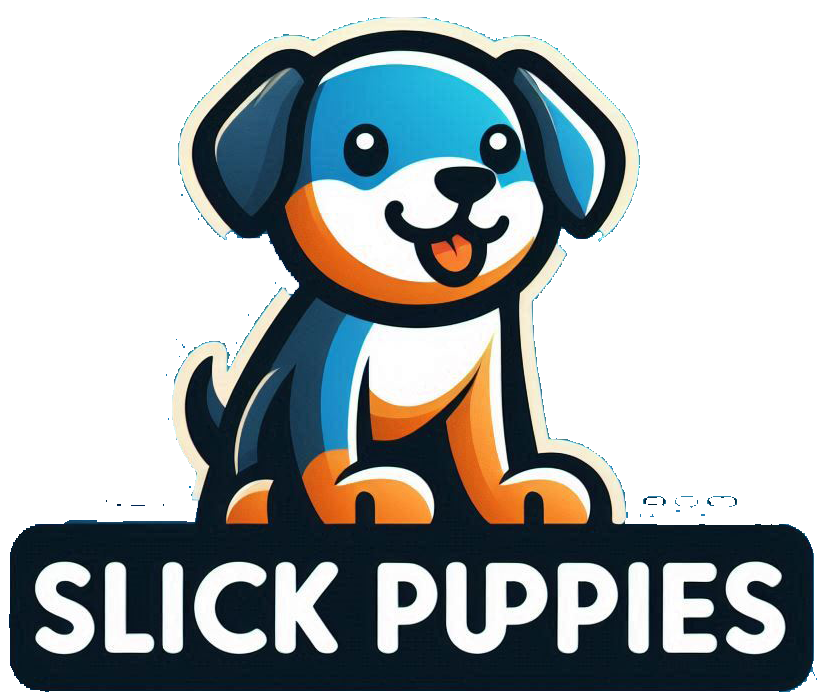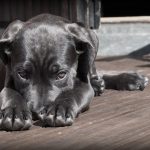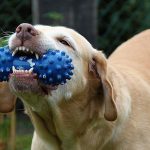Excessive drooling, also known as hypersalivation or ptyalism, can be a common yet concerning issue in dogs. While some breeds naturally drool more than others due to their anatomy, sudden or persistent drooling may indicate an underlying health problem. As a responsible pet owner, it’s essential to understand the causes, treatments, and preventive measures to ensure your dog’s well-being
Why Do Dogs Drool Excessively? (Common Causes)
Drooling is a normal physiological response in dogs, especially when they smell food, feel excited, or are in hot weather. However, excessive drooling can be triggered by various factors, including medical conditions, environmental causes, and behavioral issues
Dental and Oral Health Issues
One of the most common causes of excessive drooling is dental disease. Problems such as:Gingivitis(inflamed gums),Periodontal disease(advanced gum infection),Tooth abscesses or fractures,Oral tumors,Mouth ulcers. These conditions can cause pain and irritation, leading to increased saliva production.
Foreign Objects or Injuries
Dogs are curious and may chew on sticks, bones, or small objects that can:Get stuck between teeth,Puncture the gums or throat,Cause choking or gagging. If your dog is pawing at its mouth or drooling suddenly, check for lodged objects
Nausea and Digestive Problems
Just like humans, dogs drool excessively when they feel nauseous. Common causes include: Motion sickness(car rides), Acid reflux or gastritis,Ingestion of spoiled food or toxins,Pancreatitis or intestinal blockages
Heatstroke and Dehydration
Dogs regulate body temperature through panting, but excessive drooling in hot weather may indicate:
- Overheating
- Heat exhaustion or heatstroke (a medical emergency)
- Dehydration
Poisoning or Toxin Ingestion
Many household items are toxic to dogs, including:
- Chocolate, xylitol, grapes, and onions
- Household cleaners, pesticides, or rat poison
- Toxic plants (lilies, sago palm, azaleas)
Excessive drooling, along with vomiting, tremors, or seizures, requires **immediate veterinary attention
Neurological or Systemic Diseases
Certain neurological conditions can affect saliva control, such as:
- Rabies (rare but fatal)
- Nerve damage or facial paralysis
- Liver or kidney disease
Stress and Anxiety
Some dogs drool excessively when anxious, such as during:
- Thunderstorms or fireworks
- Vet visits or car rides
- Separation anxiety
When Should You Be Concerned? (Warning Signs)
While occasional drooling is normal, consult a vet if your dog shows:
✔ Sudden, unexplained drooling
✔ Blood or foul odor in saliva
✔ Difficulty eating or swallowing
✔ Pawing at the mouth
✔ Lethargy, vomiting, or diarrhea
✔ Signs of poisoning (tremors, seizures, collapse)
How to Treat Excessive Drooling at Home
A. Remove Foreign Objects
- Check your dog’s mouth gently for sticks, bones, or debris.
- Use tweezers (if safe) to remove small objects.
- Do not force removal if the object is deeply lodged—seek a vet.
B. Improve Dental Hygiene
- Brush your dog’s teeth 2-3 times a week with enzymatic toothpaste.
- Provide dental chews (VOHC-approved).
- Use water additives to reduce plaque.
C. Manage Nausea and Upset Stomach
- Fast for 12-24 hours (if vomiting, consult a vet first).
- Offer bland food (boiled chicken + rice).
- Ginger or probiotics can help settle the stomach.
D. Keep Your Dog Cool and Hydrated
- Provide fresh water at all times.
- Avoid walks in extreme heat.
- Use cooling mats or fans.
E. Reduce Stress and Anxiety
- Use calming supplements (CBD oil, L-theanine).
- Create a safe space during thunderstorms.
- Desensitize anxiety triggers with training.
4. When to See a Veterinarian
Seek emergency vet care if:
Drooling is sudden and severe
Blood or pus in saliva
Difficulty breathing or swallowing
Signs of poisoning
Neurological symptoms (head tilt, seizures)
The vet may perform:
- Oral examination & X-rays
- Blood tests (for infections, liver/kidney function)
- Endoscopy (if a blockage is suspected)
- IV fluids (for dehydration or poisoning cases)
5. Preventing Excessive Drooling
Regular dental check-ups (annual cleanings)
Avoid toxic foods and plants
Provide safe chew toys (no small, hard bones)
Keep your dog cool in summer
Train to reduce anxiety triggers
6. Breed-Specific Considerations
Some breeds are prone to drooling due to their loose lip structure (flews):
- Saint Bernards
- Bloodhounds
- Mastiffs
- Bulldogs
For these breeds, keeping the mouth dry with regular wiping can prevent skin irritation.
Final Thoughts
Excessive drooling in dogs can range from harmless to life-threatening. By understanding the causes, applying home treatments, and knowing when to seek veterinary help, you can ensure your dog stays healthy and comfortable.
Have you dealt with excessive drooling in your dog? Share your experience in the comments!



